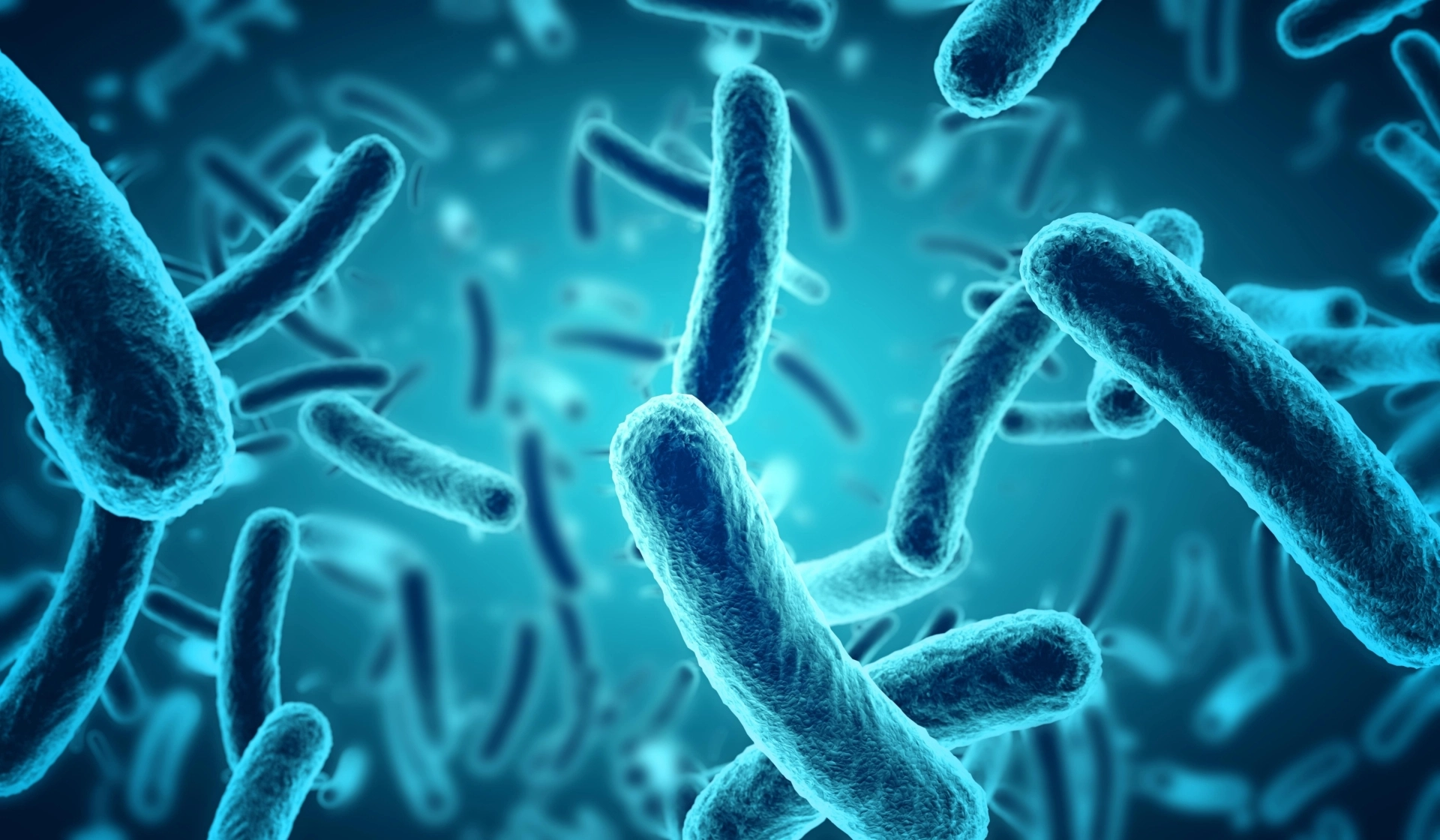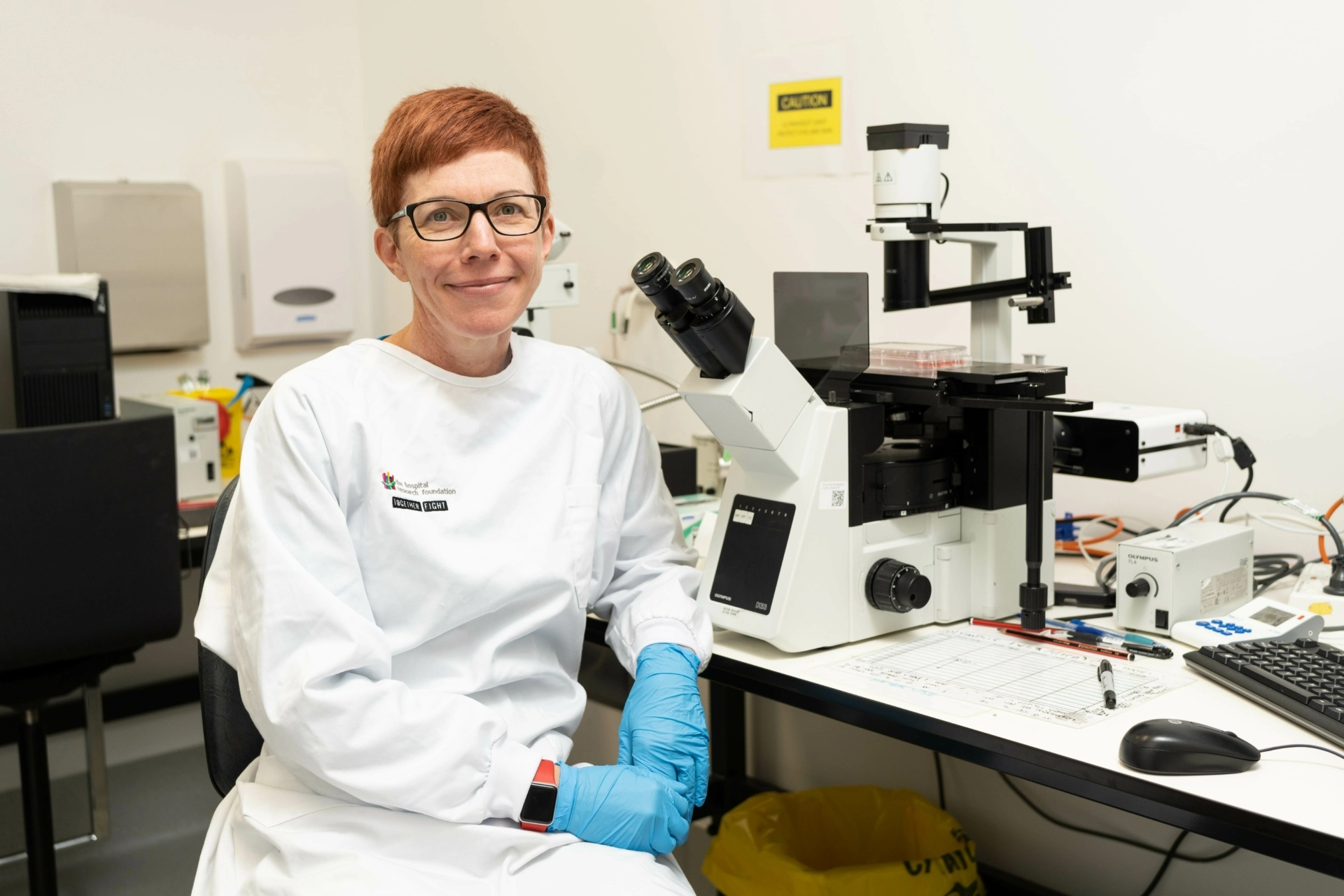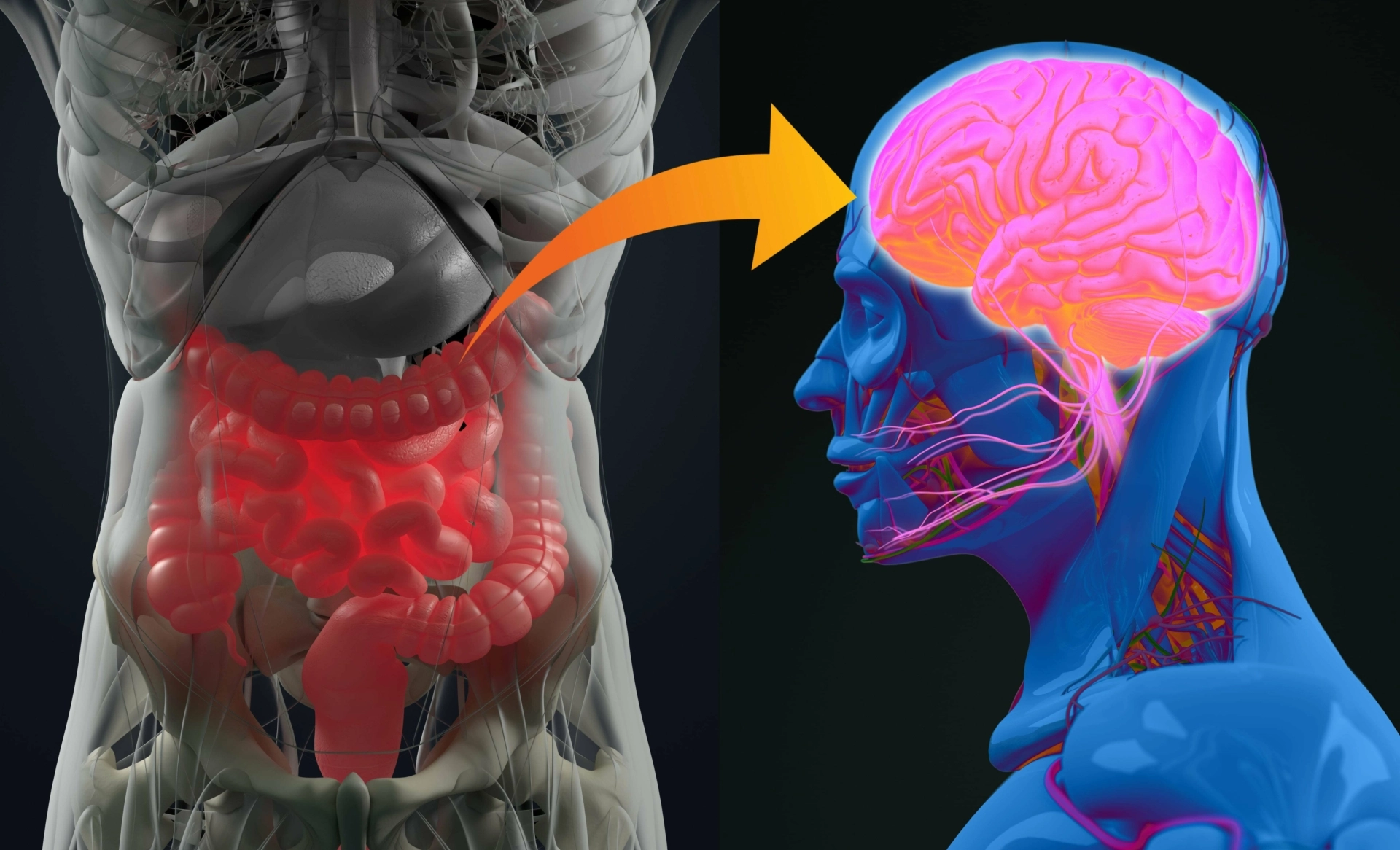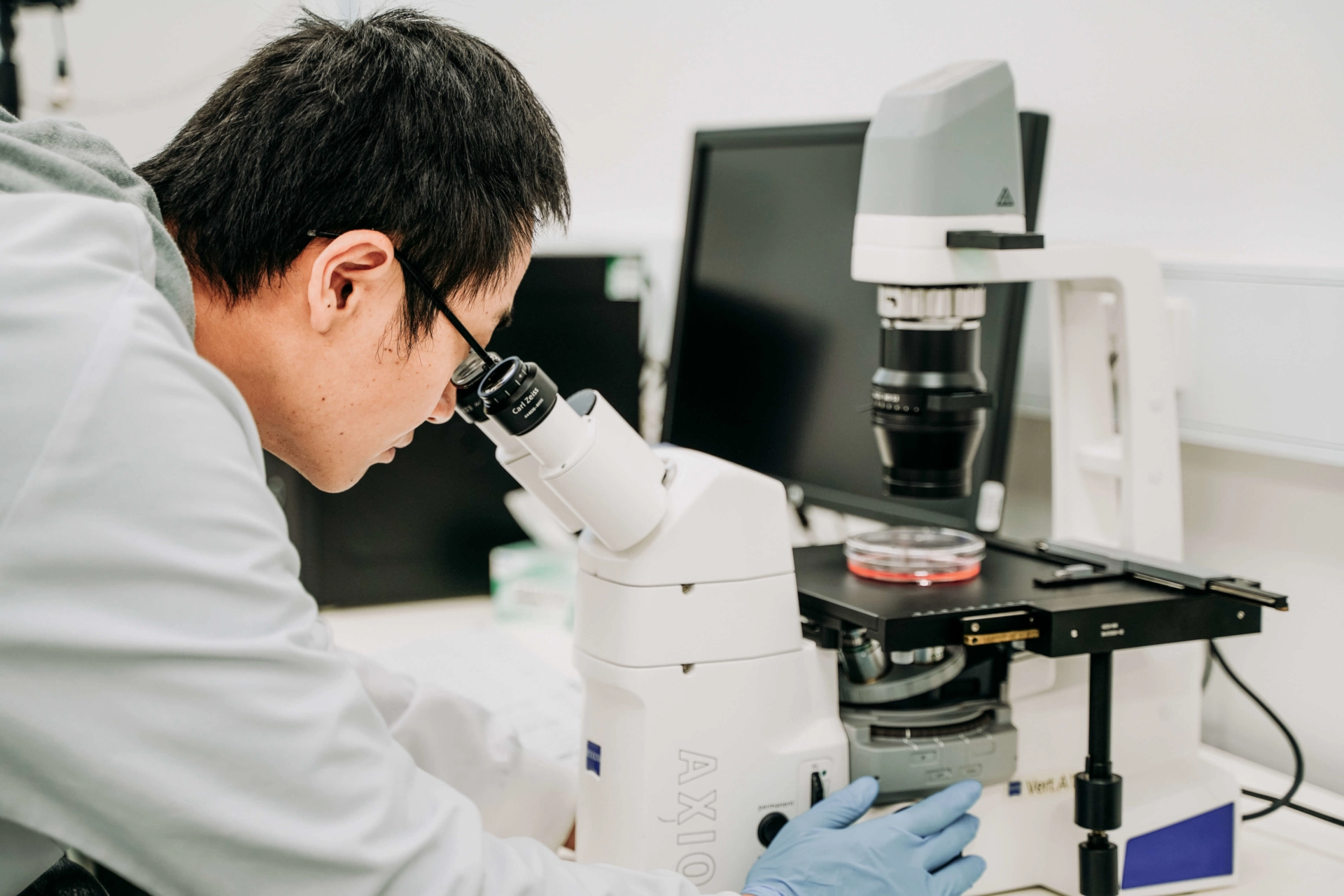An international team of researchers from Adelaide and the United States has opened the door to non-stool-based bowel cancer detection, by showing that a probiotic bacteria already being used to treat gut disorders, can be engineered to reveal the presence of early tumours.
Published in Nature Communications and led by Associate Professor Susan Woods, Dr Dan Worthley and PhD candidate Georgette Radford from SAHMRI and the University of Adelaide, in partnership with Associate Professor Tal Danino at Columbia University, the study focused on the bacteria, Escherichia coli Nissle. This strain was first isolated from the gut of a german soldier in 1917 by German physician, Alfred Nissle.
When dysentery was rife in the trenches during WW1, Nissle studied the microbiome of one man who appeared to be immune to the disease and found the unique strain. It was later proven to block and fight bad bacteria, and now has a long history of safe use in people.
Researchers recently discovered another quirk of Escherichia coli Nissle; rather than live in normal tissue, it prefers to live in tumours when they’re present in the gut and will actively seek them out.
“Our study shows that after oral dosing, these bacteria selectively live in the gut in both the benign precursor lesions to bowel cancer, called polyps, and also bowel cancers,” Ms Radford said.
“We’ve taken advantage of this bacteria’s natural gravitation towards tumours and engineered it to release molecules that illuminate early cancers.”
A/Prof Susan Woods says the method could be used to diagnose cancer early and non-invasively.
“Once the bacteria locates the tumour it releases a marker that we can then detect in urine, which shows cancer is present,” A/Prof Woods said.
“In the future, we’re aiming to be able to detect this marker in a blood test.”
The research team is confident the bacteria can also be manipulated to deliver therapeutic treatment directly to the tumour site, providing another option to treat early cancers, while drastically reducing current side effects that come with putting drugs in the body.
"We were excited to see that the tumour-homing capability of these probiotic bacteria may also occur in people, just as in our experimental models,” Dr Worthley said.
This research has been made possible through funding from the Hospital Research Foundation Group.





